
CAP: Francisco Guerreiro pleased with the negotiation results on transitional regulation
Lisbon, 29 April 2020 - The European Parliament's (EP) Committee on Agriculture and Rural Development voted yesterday on the Transitional Regulation covering the period between the current Common Agricultural Policy (CAP) and the new proposal that is being negotiated.
MEP Francisco Guerreiro (PAN) is vice-chair of this Committee and is satisfied with the negotiation.
“At a time when we are trying to tame the serious environmental and health consequences resulting from our excessive actions, making it more flexible and not reinforcing the rules of the Transitional Regulation is irresponsible. On the contrary, and assuming that the Commission will present a truly revolutionary Farm2Fork Strategy for the production and consumption mode in the EU, the Transitional Regulation should have been used - by the Commission and other political groups - to prepare the agricultural sector for the largest demands the future brings, especially in terms of environmental requirements and animal welfare,” says Francisco Guerreiro.
Although several amendments by the Greens/EFA to improve the sustainability of the agricultural sector were not approved, the result of the final vote, in general, improved the proposal that came from the Commission, which consisted of excessive flexibility in terms of agri-environmental rules to be followed by farmers. The amendments proposed by the Greens/EFA sought above all to correct, and also improve, this proposal.
Among the main commitments agreed during the vote, it was defined that if the Council of the European Union (EU) and the EP do not reach consensus on the new CAP and the Multiannual Financial Framework (MFF) by 30 October 2020, the transitional period will be extended until the end of 2022 - thus lasting two years. At the same time, the Committee on Agriculture voted against the Commission's position to reduce the budget available for the transitional period, in particular for rural development - a very relevant decision, especially for Portugal, given that it is this pillar that mostly finances environmental and animal protection measures.
Although the Committee on Agriculture disagreed with the European Commission's (EC) proposal to reduce multiannual support programs for the environment, climate, organic agriculture and animal welfare from 5 years to 3, which can be extended beyond the end of the transitional period, the MEP regrets that more ambitious and demanding measures have not been adopted in these areas.
“Unfortunately, the Committee on Agriculture did not agree that there is an urgent need to resolve the unjustified situation of external convergence of direct payments to farmers. This is very serious - it promotes unfair competition and leads to the disappearance of traditional and extensive agriculture,” comments Francisco Guerreiro.
The final report approved by the Commission also disappoints in the sense that no progress has been made in terms of equalizing direct payments to farmers in different Member States, the so-called external convergence - a process that, although it depends on the year countries entered the EU , should have already been completed.
On the other hand, members of the Committee voted that the internal convergence of direct payments (within each Member State) should continue during the transitional period.
In a second vote that took place on the same day, the majority of the Committee on Agriculture also decided that Parliament's final position will be passed directly to trialogues (Council, EC and EP), instead of being still approved in plenary by all the MEPs and with the right to a amendments proposal phase.
“Passing the agreed text directly to the trialogues is negative for the vision of a sustainable future for European agriculture. Without Parliament's scrutiny, which is reputed to be more progressive than the Committee on Agriculture, we run the risk of being left with a final text of the Transitional Regulation weakened in terms of protecting small producers, the organic sector, the environment and animals,” the MEP added.
The CAP, which is still in force, expires on 31 December 2020, date after which the Transitional Regulation will then enter into force, so as not to leave farmers without support for their activity.
With the business delays on the new CAP, exacerbated by the Covid-19 virus, it is estimated that the new CAP will enter into force only in 2023.
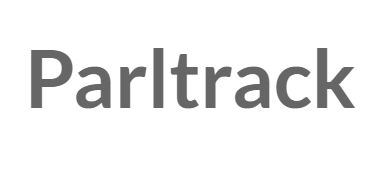

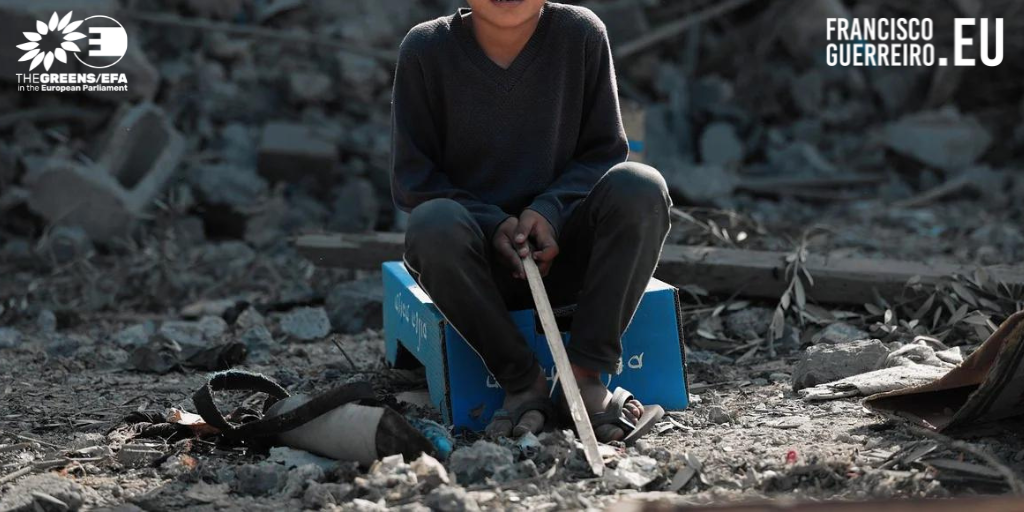
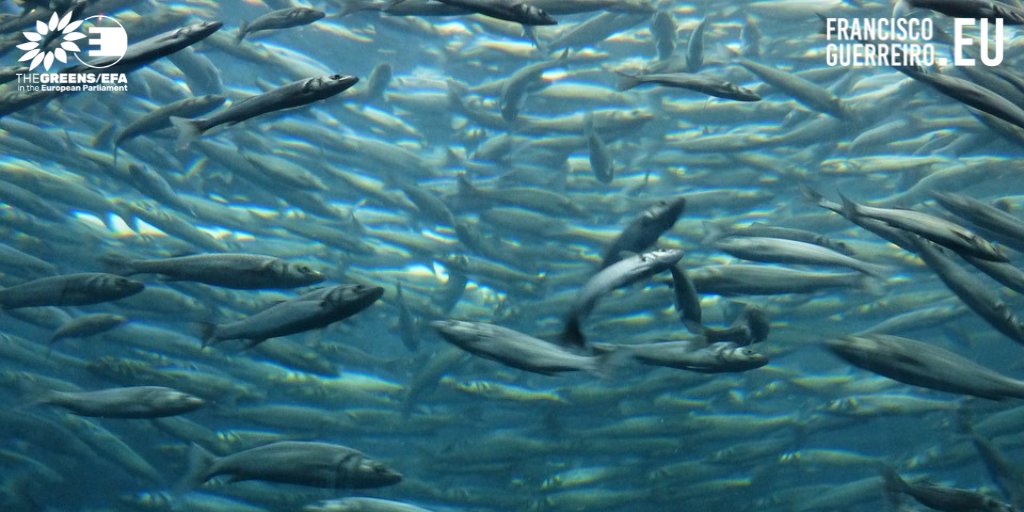

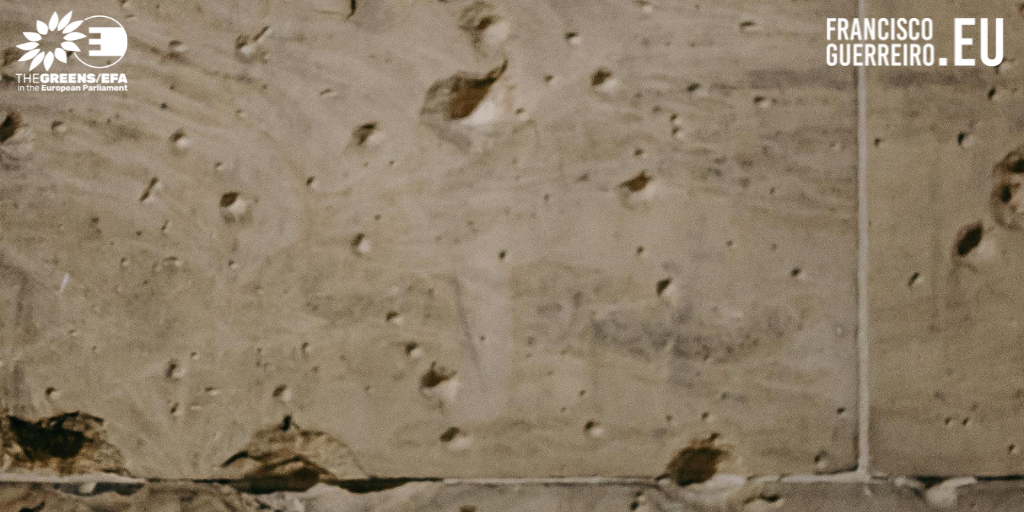
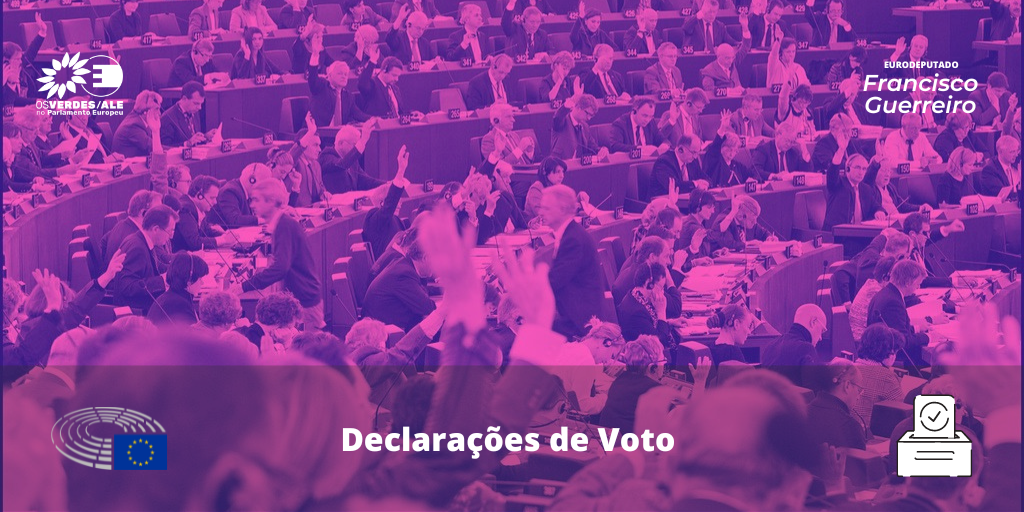
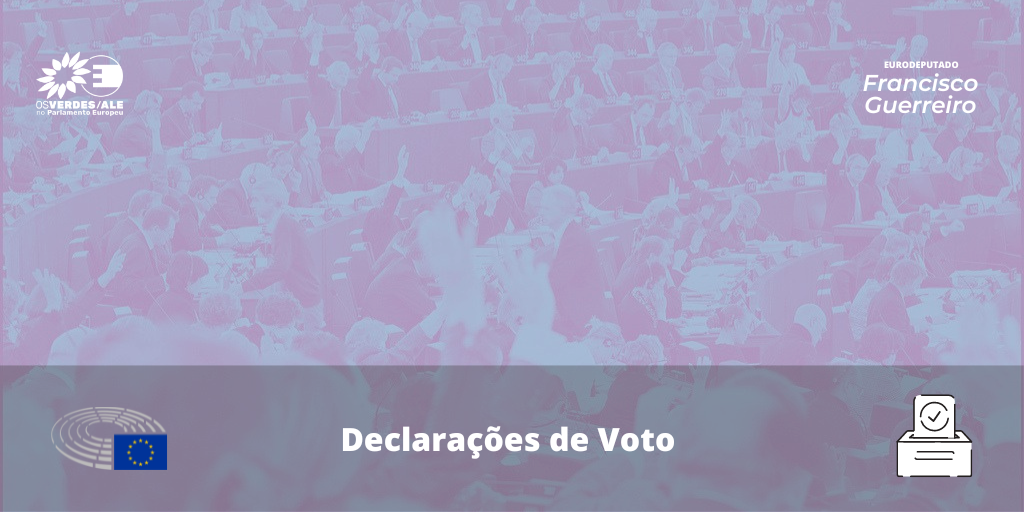
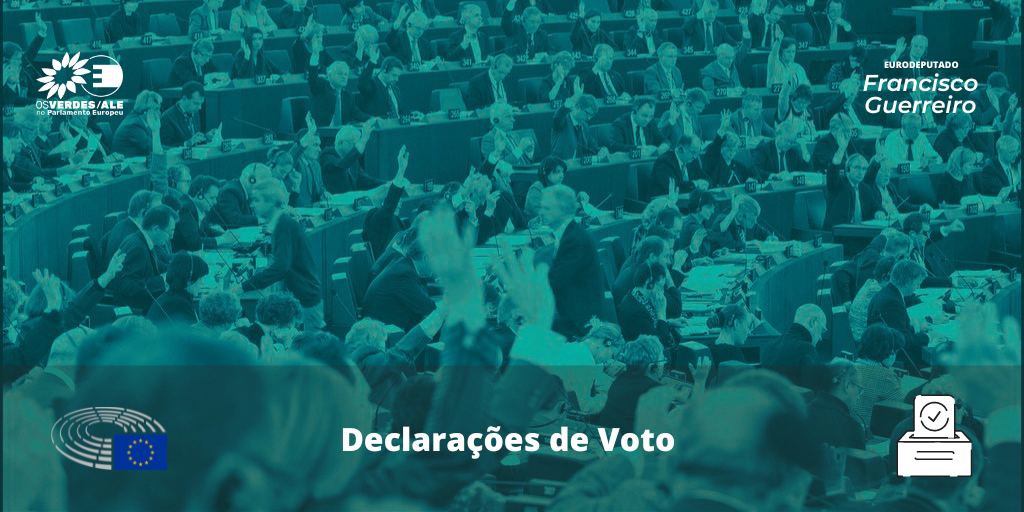
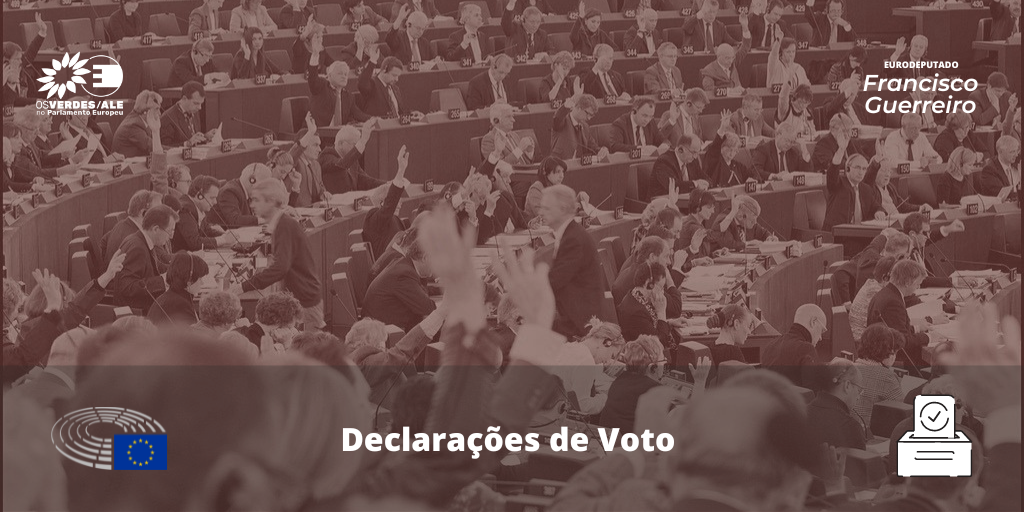
ParlTrack - Francisco Guerreiro considered one of the most productive MEPs
Monday, 01 July 2024
The analytical website ParlTrack has recorded all the parliamentary actions of MEPs during the 2019-2024 term, considering Francisco Guerreiro one of the most productive.READ MORE